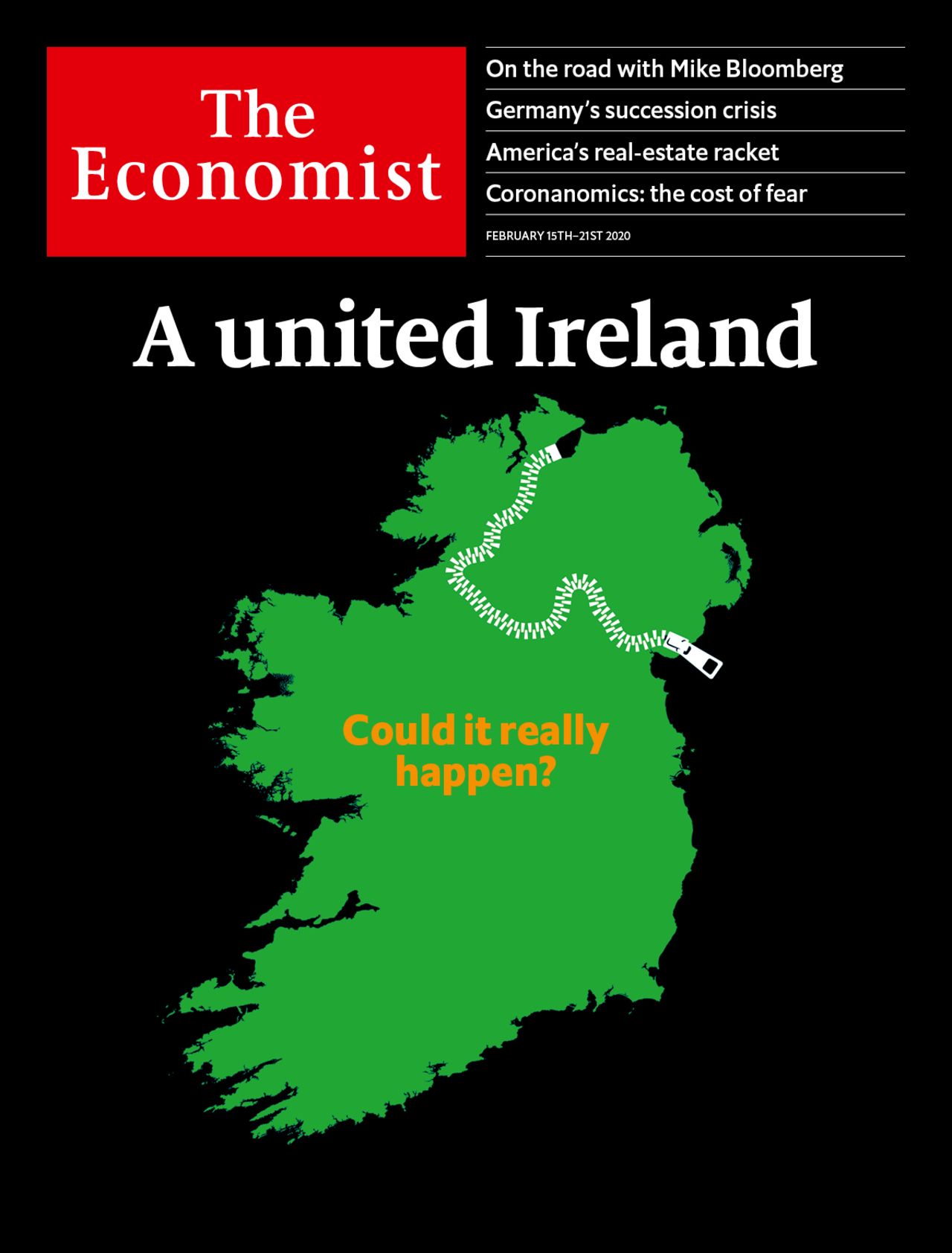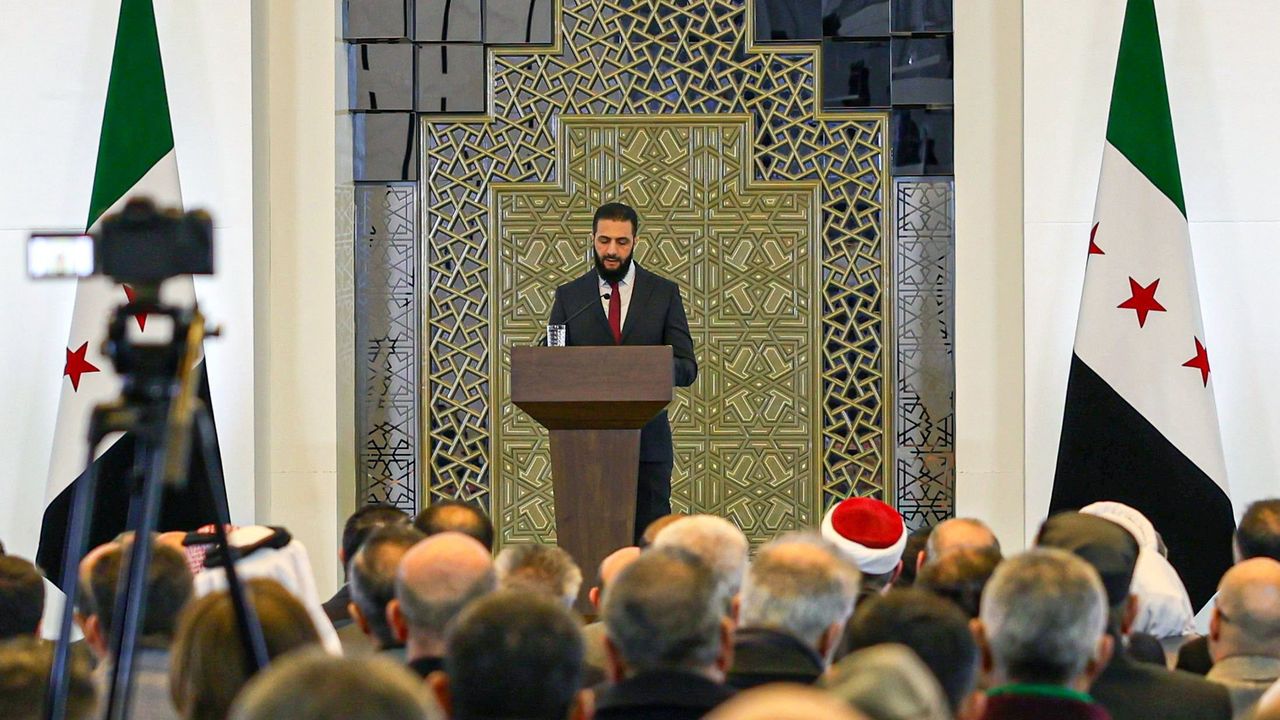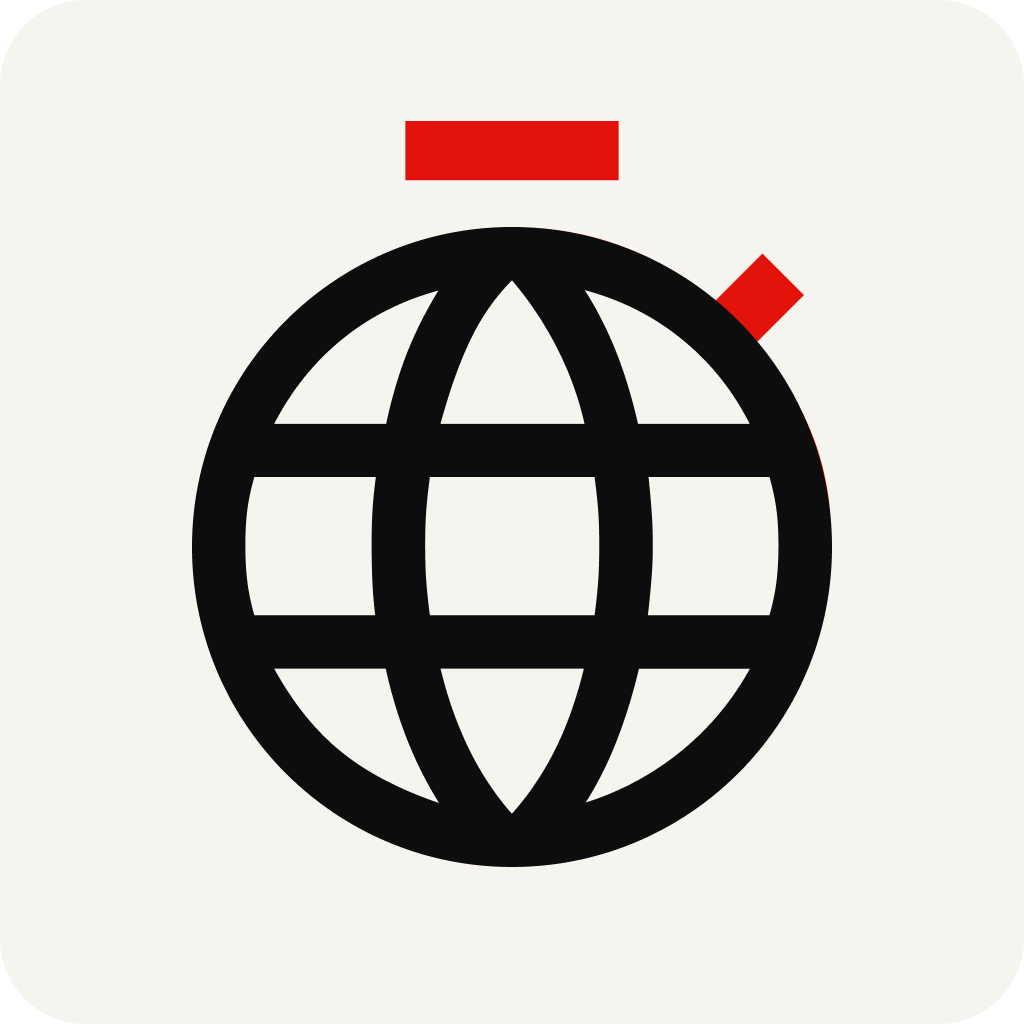Why the United Nations cannot end wars in the Arab world
It’s not for lack of trying

EVEN AFTER nearly a decade of carnage, Syria’s civil war still manages to shock. More than 700,000 people have fled a regime offensive in Idlib, the country’s last rebel-held pocket. Shelter is scarce; with temperatures near zero, families sleep rough on the roadside. Desperate to keep millions of refugees from crossing its southern border, Turkey has deployed thousands of troops to slow the Syrian advance, risking conflict with Russia, which backs Bashar al-Assad, Syria’s dictator, with jets in the sky and mercenaries on the ground. At least a dozen Turkish soldiers have been killed.
This article appeared in the Middle East & Africa section of the print edition under the headline “Frustrated are the peacemakers”
Middle East & Africa
February 15th 2020
From the February 15th 2020 edition
Discover stories from this section and more in the list of contents
Explore the edition
Israel’s army adopts a high-stakes new strategy: more terrain
It remains present inside Syria, Lebanon, Gaza and the West Bank

The sea is swallowing an African island
In Sierra Leone, adjusting to a warmer climate is getting harder

In a dictator’s palace, Syrians debate a new constitution
Ahmed al-Sharaa will soon have to reveal how sincere he is about the new, inclusive Syria
Could political upheaval hit Jordan next?
Resurgent Islamists and chaos in the West Bank may threaten Jordan’s king
Israel and Hamas have something in common
They both want to avoid a ceasefire collapse, for a few more weeks
How to make cash in Africa’s coup belt
Mining multinationals are learning to do business with juntas








